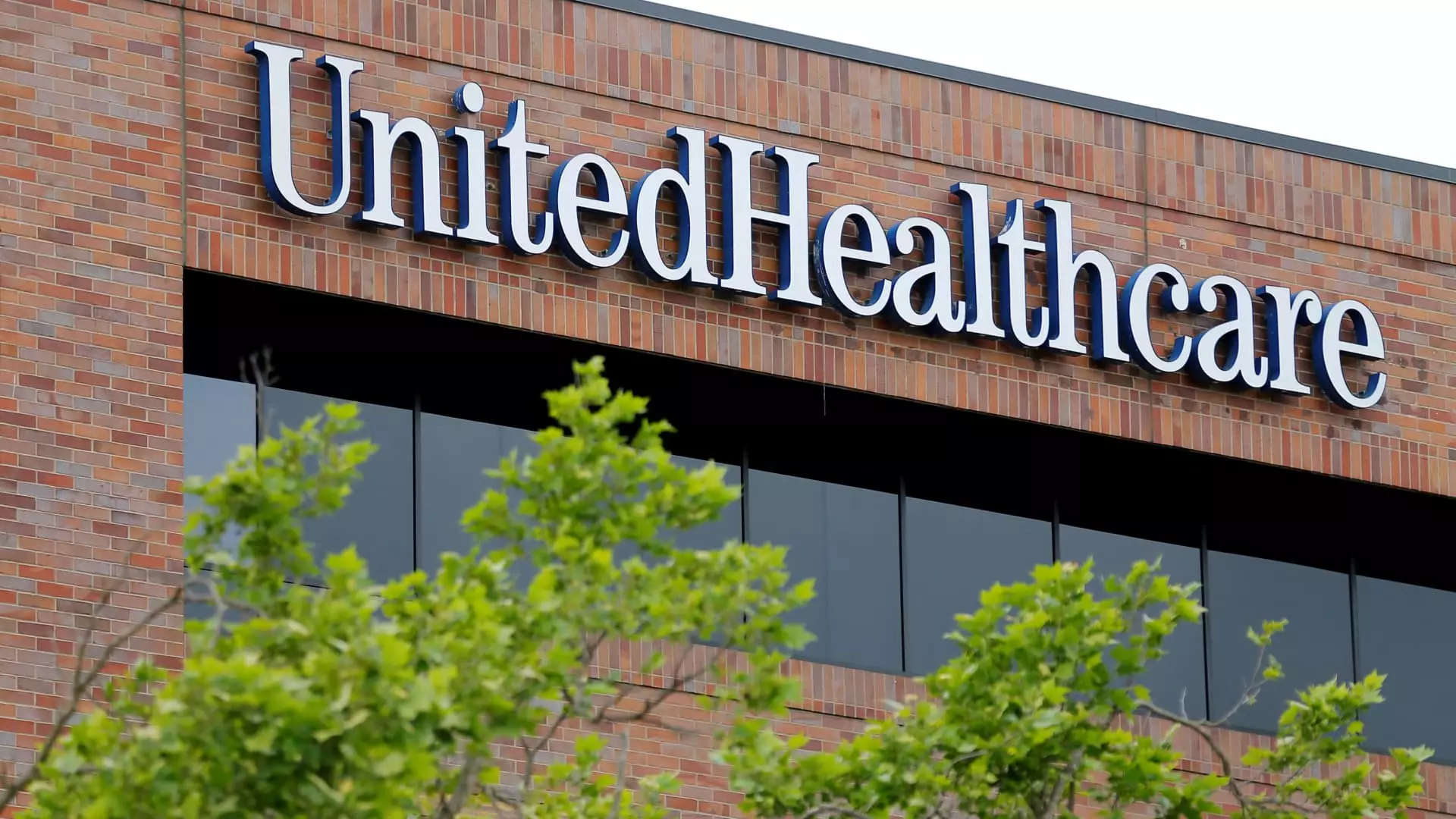UnitedHealthcare Under Fire: A Comprehensive Analysis of Recent Turmoil

In recent weeks, UnitedHealthcare, the largest private insurer in the United States, has found itself facing a perfect storm of challenges. The company is contending with government scrutiny over its Medicare billing practices, contemplating layoffs amidst employee buyouts, and engaging in public disputes with influential figures like billionaire investor Bill Ackman. This confluence of crises marks a particularly turbulent chapter for its parent company, UnitedHealth Group, which is also grappling with the repercussions of various unanticipated incidents over the past year.
Recent reports have indicated that the U.S. Department of Justice is conducting a civil fraud investigation into UnitedHealth’s billing practices, specifically relating to its Medicare Advantage plans. These plans, designed to provide additional benefits to seniors beyond what traditional Medicare offers, have been under scrutiny for potentially questionable diagnoses that could inflate payments to UnitedHealthcare. The company allegedly stands accused of routinely making diagnoses solely to trigger additional payments from Medicare.
The implications of this investigation are substantial; UnitedHealth has previously received billions in Medicare payments, but the validity of many of these claims is now in question. As the investigation unfolds, it puts the company’s reputation at stake and invites further scrutiny into the broader Medicare Advantage landscape—a sector already criticized for its rising medical costs.
UnitedHealth, however, is resolute in defending its practices. Representatives have dismissed the allegations as “misinformation,” asserting that the company adheres to the highest levels of compliance in government reviews. Yet, the shadows of doubt cast by this investigation leave room for skepticism regarding the insurer’s operations and financial integrity.
Amidst potential legal troubles, UnitedHealthcare has also initiated offers for employee buyouts, hinting at possible layoffs if their voluntary resignation targets are not met. This effort is part of a larger strategy to streamline operations and manage costs more effectively. The company has been looking to leverage digital technology as a means of reducing overheads, but this shift may come at the cost of employee job security and morale.
As the insurance industry continues to evolve in the face of economic pressures, companies like UnitedHealthcare often resort to workforce reductions and restructuring. However, the ethical implications of such actions, particularly in light of the current climate, could result in a deterioration of trust within both the workforce and among clients.
The public spat between UnitedHealthcare and famed investor Bill Ackman has added yet another layer of complexity to an already challenging situation. After expressing support for a Texas doctor embroiled in a legal dispute with UnitedHealth Group, Ackman ignited controversy by involving himself in accusations against the insurer. The backlash against the company, fueled in part by Ackman’s reach and influence, not only underscores public dissatisfaction but also calls for increased accountability in the healthcare sector.
Ackman’s concerns reflect broader issues that patients face, particularly regarding denials of medically necessary procedures. His scrutiny of UnitedHealth has brought attention to the potential abuses often inherent within the insurance industry, raising the stakes for UnitedHealth amidst a growing demand for reform.
Ongoing Aftermath of a Cyberattack
Moreover, UnitedHealth is still reeling from a significant cyberattack that targeted its subsidiary, Change Healthcare. The breach compromised the sensitive health information of approximately 190 million individuals and has been estimated to have cost the company over $3 billion in compensations to affected providers. This incident highlights the vulnerabilities within the healthcare sector, as well as the consequential fallout from inadequate cybersecurity measures. Given the extensive damage done, questions around patient data protection and consumer trust loom ever larger.
The culmination of a high-profile investigation, potential workforce reductions, high-profile criticisms, and a damaging cyberattack constitutes an alarming narrative for UnitedHealthcare. Each issue interconnectedly compounds the challenges the company must confront in regaining stability and public trust.
UnitedHealthcare’s current predicament serves as a reminder of the complexities and challenges inherent in the healthcare industry. In an era where accountability is paramount, the insurance giant is bracing for repercussions that could have lasting effects on its operations and market position. How UnitedHealth Group navigates these challenges will not only determine its immediate future but will also set a precedent for the insurance industry as a whole. In a world increasingly demanding transparency and integrity, there will be little room for missteps as UnitedHealthcare attempts to re-establish itself amidst a storm of controversies.





